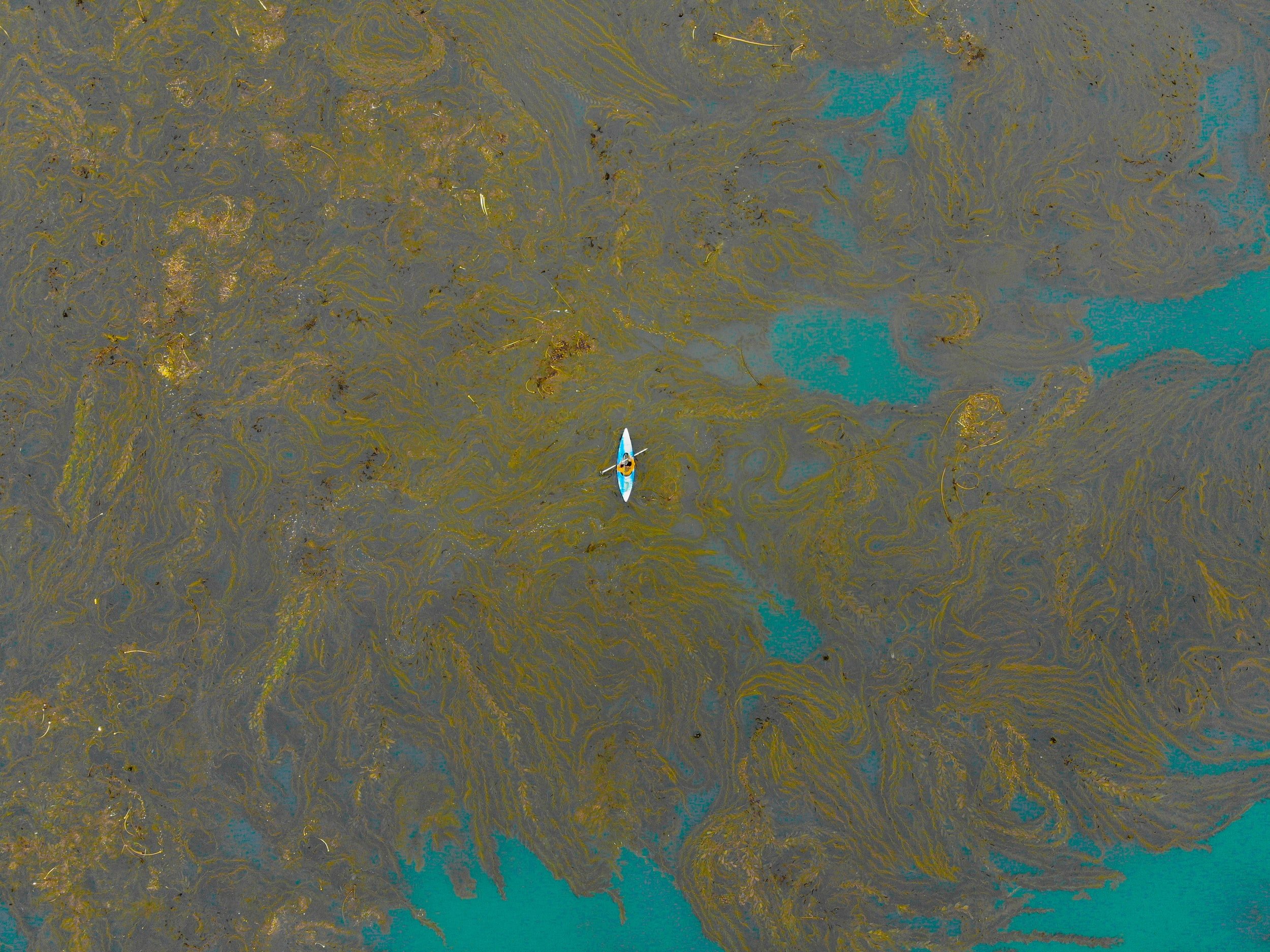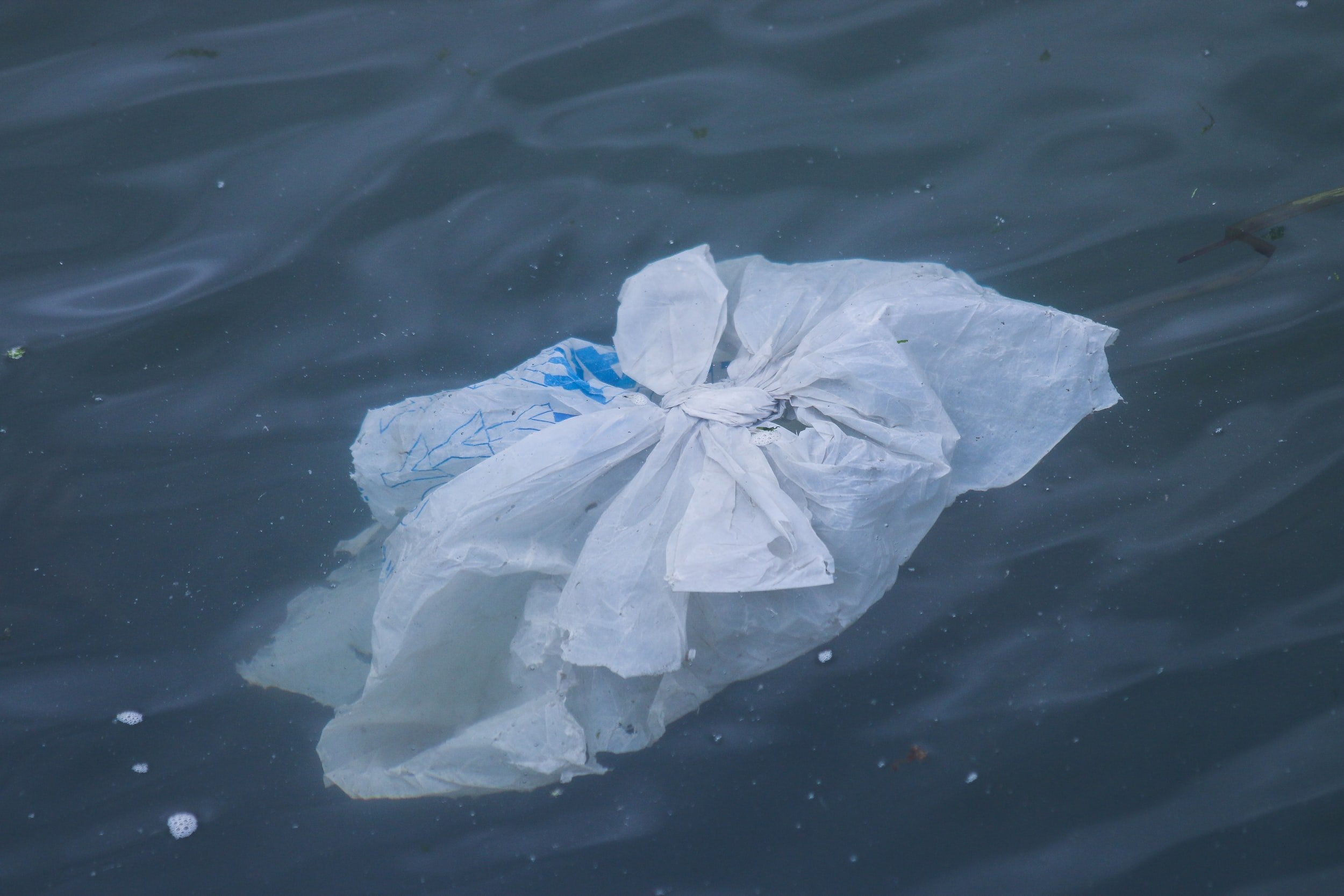
Water Pollution
Nowadays, water pollution is one of the most serious environmental problems going on in the world. It is often caused by emission of chemicals and microorganisms into the water body. Water is a finite resource for all human beings because less than one percent of the world’s freshwater is accessible to us.
But what causes the water pollution? In a report, 70% of the wastewater of the industry emitted into rivers and lakes. Waste water often contains chemical elements used in industry and some of those elements are even radioactive, one typical case is Japan emitted the nuclear wastewater from Fukushima into the Pacific Ocean. Another way to pollute the water is agriculture pollution. The rain washed the animal waste into the water body and that waste always contained bacteria and viruses. Those microorganisms stimulate the growth of blue-green algae, which is something harmful to human beings and wildfires. One thing that people need to keep in mind is that rivers and lakes are the sources of tap water and the water people drink.
According to a study published in The Lancet, water pollution causes 1.8 million deaths in a single year and makes over one billion people sick. For the wildlife, polluted water causes a death zone in the water bodies, where no organisms are found in a certain area.
To protect the water, what we can do is to reduce the use of plastic consumption, take care of the pets and dispose of the old medications properly. Even though doing that can not stop the water pollution, at least we can take some action to decrease the rate of water pollution each year and save more lives by doing that.
Sources: Water Pollution Facts, Types, Causes and Effects of Water Pollution | NRDC

Author: Kevin Hong
Contact: khong.2023@carmelhs.org
Editor: Kelly Ni
